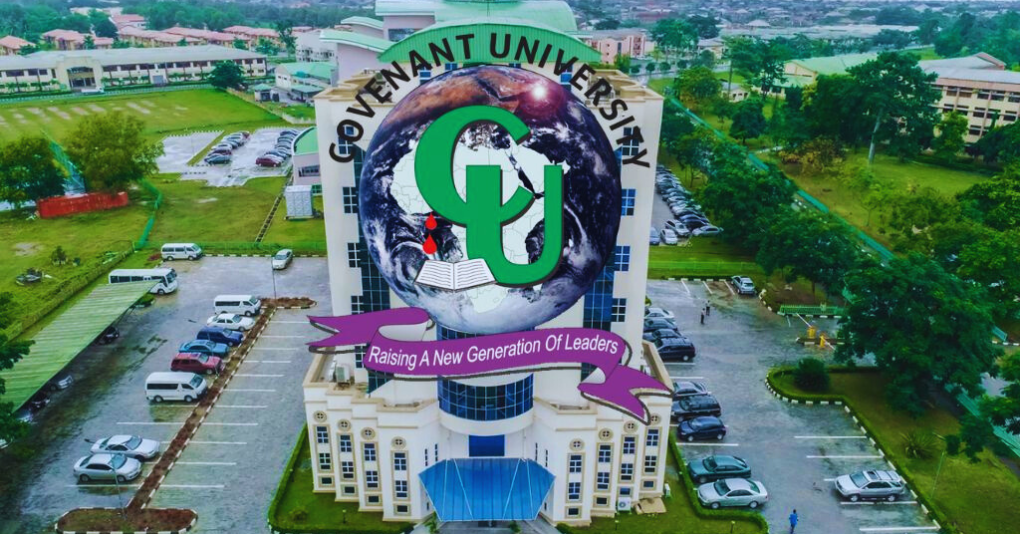The Federal Government, in a move to boost basic education delivery in the country, has pledged to reconstruct 195,000 classrooms across the country, including installing 28,000 toilets and 22,900 boreholes to make water available at all times.
Nigeria’s Minister of Education, Tunji Alausa, made the pledge on behalf of the Federal Government on Thursday, noting that N40 billion has been approved by the president to commence work on the uncompleted National Library site to support academic and research needs.
“Between now and 2027, we are going to reconstruct 195,000 classrooms across the nation.
With regards to infrastructure, between now and 2027, we will need to raise 195,000 classrooms across the nation.
We will install 28,000 toilets and 22,900 boreholes across other schools in the country.” Alausa, who spoke generally on the state of education in the country, featured at the third edition of the 2025 Ministerial Press Briefing Session in Abuja.
He revealed that the president was facing immense pressures to create new universities, even though most of the ones on ground lack capacities to admit students.
Alausa said: “Even though we have a lot of them (universities), the capacity for a university to admit is not there.
What we need to do now is to renew the capacities so that we can offer more viable courses to our citizens. Today, if you care to know, we have 64 federal universities, 67 state universities and 147 private universities. “If you look at the entire enrollment together, the private universities account for just 7.5% of total undergraduate enrollment. I’ll tell you the meaning of the number.
The total number of undergraduate enrollment today is just about 875,000, which is at least fairly low.
“We have universities with less than 1,000 undergraduate students, and there’s this intense demand for more universities to be opened. We have to stop that,” he added.
He lamented that the enrolment rate does not commensurate with the recent number of universities, hence the need to look at the institution’s capacity.
Speaking on vocational and technical training in schools, the minister explained that President Bola Tinubu had approved N120 billion as a startup for students’ entrepreneurial mode.
He said they are presently focusing on the value chain in technical education where practical education would be given to train artisans.
He explained that a dual mode of training would be given, which would offer students to spend three days in school, one day for gigantic training and one day in the workshop.
While noting that the ministry was working on a clear strategy to improve the country’s educational sector, the minister committed to increase access, improve quality and enhance education systems for foundational learning.
Alausa equally blamed the Nigerian lawmakers for proliferation of tertiary institutions in the country, saying with almost 200 bills pending in the National Assembly, there is a growing concern that the system is becoming overwhelmed.
“We need to stop this from happening. There’s so much pressure on the president. We have to at least be sensitive to it as well.
“They want to show that they’re working. We know they’re working. But then we have enough assets, we have enough opportunities out there for students to go to universities,” he said.
Speaking on specialised universities, the minister appealed to the institutions to focus on their mandate.
According to him, there is a need to reduce the number of non-technical courses offered in specialised universities and instead make them available in conventional universities.
Alausa, speaking on speculation of scrapping the Tertiary Education Trust Fund (TETfund), said the education tax fund would continue indefinitely, rather than being subsidised by 2030 as previously proposed.
“What we need to do now is to begin to open up more resources to develop infrastructures, build engineering workshops, and build laboratories in these universities.”
He said they must also recruit international standard teachers so that they begin to get the universities to deliver high quality education that will be known throughout the country.
Share this post





Be the first to comment on this post